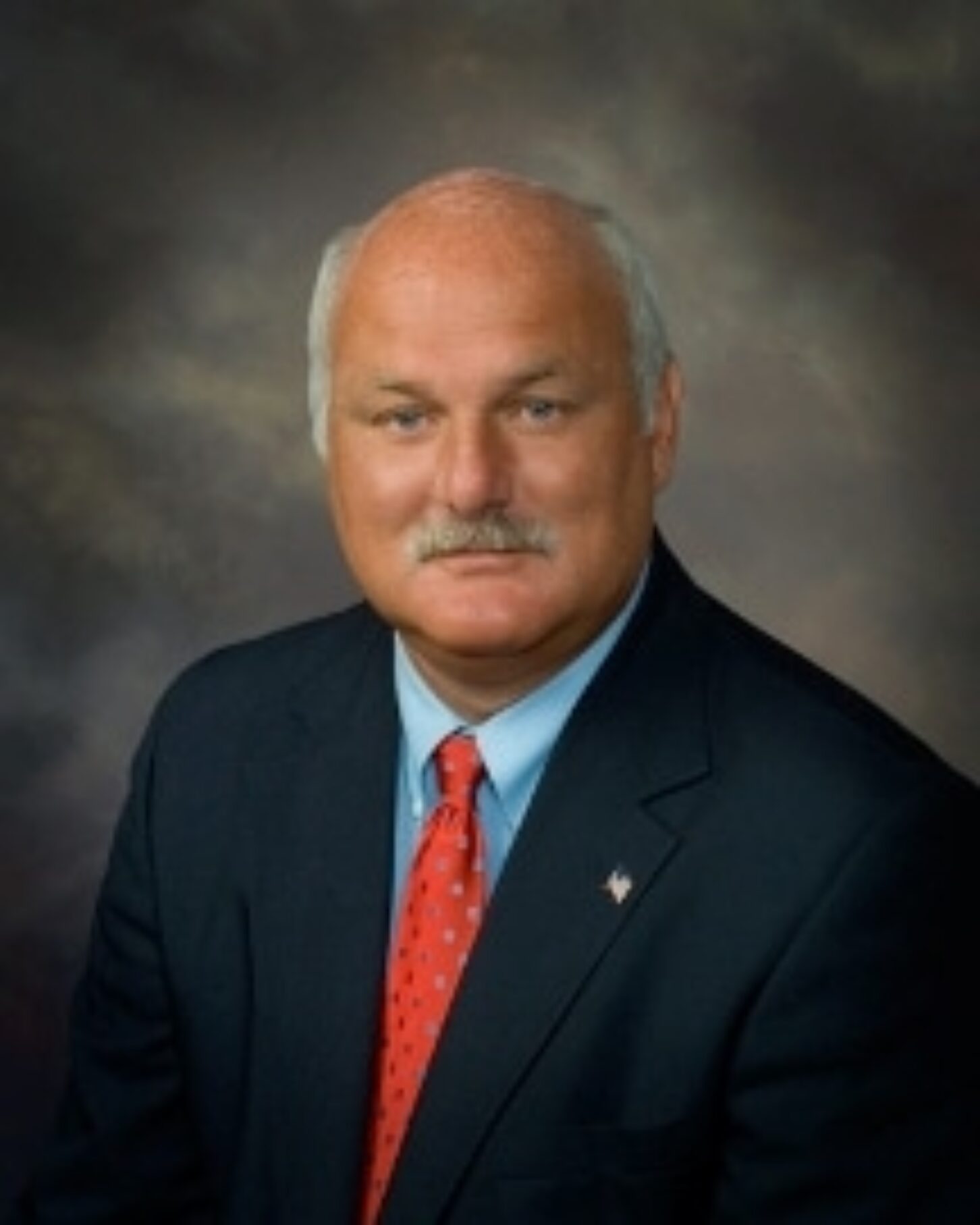
By Mike Klein

The Georgia House could vote as early as Tuesday on juvenile justice reform legislation that is every bit as significant as a similar adult criminal justice reform initiative, but it has received less public scrutiny. The bill appears to have significant bipartisan support in the House and Senate. One big proposal would mandate that county prosecutors be assigned to every juvenile court.
“We are making substantial changes in the way in which we handle problem children in Georgia,” House Judiciary Chair Rep. Wendell Willard said this past weekend during the 21st annual Georgia Bar Media & Judiciary conference in Atlanta. “One of the things that I’ve made sure is in there is that before the state can have any child placed in its custody there is going to be what we call a risk assessment to find out what are the problems that the child is facing.”
Willard introduced HB 641 with Republican and Democratic co-sponsors. Four public groups – Just Georgia, the Georgia Appleseed Center for Law and Justice, Voices for Georgia’s Children, and the Barton Child Law and Policy Clinic at Emory University – have worked for several years to update the decades old state juvenile justice law. There is a similar bill in the Senate.
The Georgia Public Policy Foundation has prepared a position paper, “Five Essential Principles for Georgia’s Juvenile Justice System.” The report will be published Tuesday, February 28.

Georgia currently has some 50,000 youths in detention or under supervision. Willard told the state bar meeting that improved risk assessment tools would allow for better decisions about who should be incarcerated and who would benefit more from other treatment options.
Continuing his explanation about assessment, Willard said, “Are there problems emotionally? Is he or she being physically abused or are they being sexually abused? A lot of them are. They get in trouble, sometimes it’s what is going on in their home life or other situations. Let’s start looking at finding a way to deal with the problem other than just locking up.”
Stronger emphasis on alternative treatment methods instead of mandatory incarceration closely matches work being done in the adult system which is trying to address who scares us and should be behind bars or, who just needs our help because they are not a public safety threat.
The juvenile justice reform bill sponsored by House Judiciary chair Willard was submitted in the 2011 Legislature. Two days of hearings were held late last summer when the legislators were in Atlanta for the redistricting session. At 245 pages, the bill is big on words and new ideas.

One proposed revision would require the District Attorney’s office in every county to handle all Juvenile Court prosecutions. “Under current practices that is not what happens in a majority of jurisdictions,” said Douglas County District Attorney David McDade who is also President of the Georgia District Attorneys’ Association. McDade also appeared at the weekend state Bar panel.
Some Georgia juvenile courts hire prosecutors, some use District Attorney or other court staff and, McDade said, some larger circuits have dedicated full-time prosecutors. “In an ideal world the state would fund a statewide prosecution model for every circuit,” McDade said in an email. “Unfortunately, the state currently provides no funding for Juvenile Court prosecution.” HB 641 also does not provide specific state dollars to fund new prosecutors.
Alternative treatment models are a recurring them in recommendations made last November by the Special Council on Criminal Justice Reform, which considered only the adult system. One of the Council findings, however, was there should be more focus on Georgia youth who run afoul of the law – some in serious ways and some not so seriously. Willard said adult criminal justice reform legislation is “nearly ready.”
An executive summary of the juvenile justice legislation written by Just Georgia discusses the dozens of proposed modifications and updates. Just Georgia noted current state law contains no definition of abuse against a minor; the new law would define abuse “to include emotional abuse and prenatal abuse, in addition to physical abuse and sexual abuse and exploitation.”
In a world of acronyms, here’s another that would become more familiar lexicon: CHINS stands for children in need of services. Disruptive actions by these children include status offenses that would not be crimes if committed by adults, such as skipping school, running away from home, violating curfew and smoking tobacco, and otherwise being unruly or disobedient.
Is bad behavior a criminal activity? Under current law CHINS are dealt with as delinquents and might be subject to incarceration. New proposals would incorporate a wide range of alternative treatment options for not just the child, but also the child’s family when there is one present.
Other proposed changes would reduce the maximum period of time before placement hearings for children under the age of seven. Currently hearings must take place within twelve months after a child is placed into foster care; the proposal would reduce that to nine months.
Click here to read HB 641, the juvenile justice reform legislation. Click here for Just Georgia. Click here for Georgia Appleseed Center for Law and Justice. Click here for Voices for Georgia’s Children. Click here for the Barton Child Law and Policy Clinic at the Emory University School of Law.
